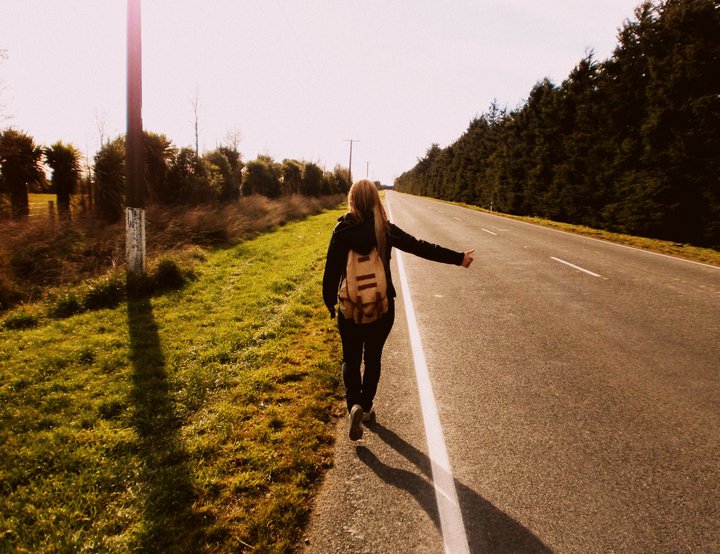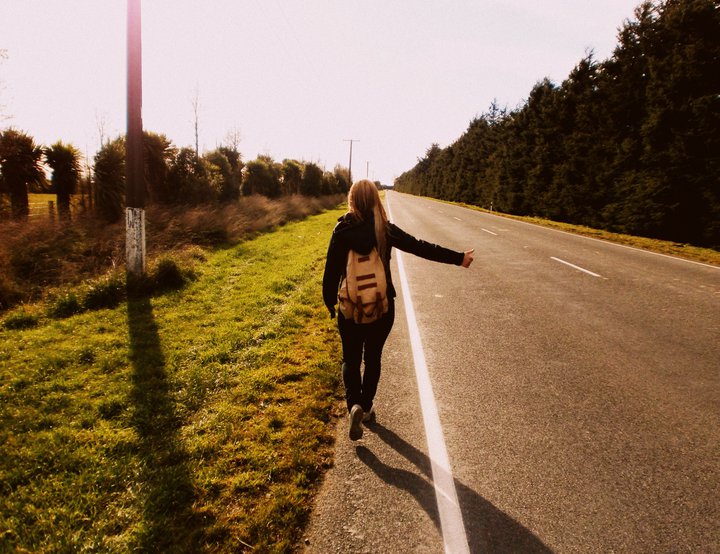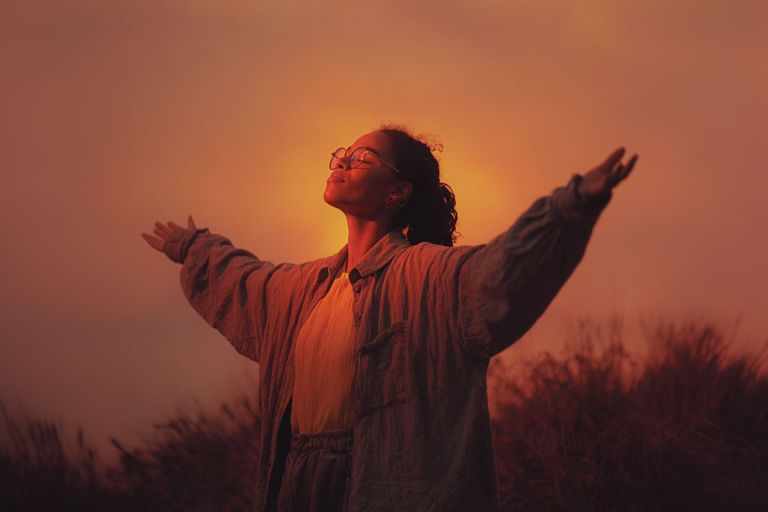
Confessions Of An (Ex) Insufferable Traveler

I spent most the majority of my late teens and early twenties on the road.
In the world we live in today, this is surprisingly easy to do. You sign up for a University exchange. You score a few jobs overseas. You travel on the side between gigs and end up spending an equal if not lesser amount of money staying alive than you would have back home. Extended travel is not an option for everyone but if you’re willing to work as you go, it is easier and more accessible for the general public than ever. And so it’s the option I chose.
I did things as stereotypically as possible over those years of roaming. I couchsurfed. I backpacked. I country counted. On my 20th birthday I got the phrase “Not All Who Wander Are Lost” tattooed across my right foot in cursive writing and thought that it defined my whole existence. I underlined full pages of nonsense in a dog-eared copy of “On The Road” and declared it my soul song. I cried into my journal about the tragic beauty of being so lost and so found at the exact same time.
Alright – I never actually did the last two. But I may as well have. Being a ‘traveller’ is a cult-like mindset that gains power with every day you spend on the road. Being displaced becomes a part of your identity. Being lost is your personal enlightenment.
I don’t regret my years on the road. I still travel whenever I get the chance – it’s an important and exhilarating part of life for me. But what has changed with time is my attitude. I no longer see travel as a lifestyle that is in any way superior to staying put. Hell, I’ve become someone who stays put more often than not. And as a consequence, I can admit that my 20-year-old self may have been a little insufferable. My mindset’s changed a lot in recent years. Here are a few travel truths that I had to learn the hard way.
1. Travelling doesn’t fix all your problems.
Travel will not help you get over your ex, move on from a tragedy or forget that all your friends are in grad school without you. It won’t make you more any more enlightened, interesting or deep than you were before you left home. Travel changes your scenery and that’s it. Personal development still has to come from the inside. If you aren’t willing to put in the emotional grunt work into sorting through your problems, staring at a beautiful mountainside sure as hell isn’t going to change anything.
2. The best moments are about people, not place.
Every phenomenal memory I have from life on the road has infinitely more to do with the people I was surrounded by than the actual place I was in. I love the cities I had whirlwind romances in. I look back fondly on the cheap, dingy hostels where I stayed up all night talking and laughing with friends. I hate every city I’ve ever felt lost or alone in. I’ve had objectively beautiful places destroyed by subjectively unsettling memories.
Place itself has so little to do with your experience of it. Life is about whom you spend it with. And it’s my formal opinion that if we were half as open with people in our everyday lives as we are with each other on the road, everywhere we went would be an adventure.
3. The touristy sights are popular for a reason.
More than ever, we are looking for ‘off the beaten track’ experiences when we travel. And that’s great, but skipping those ‘on the beaten track’ experiences on principle is downright ridiculous. Some of the most amazing sights I’ve seen have also been some of the most objectively famous ones. If you can’t appreciate the incredible ruins of Machu Picchu or the captivating beauty of the Great Barrier Reef because you can’t stand to be in the company of other Westerners, there’s something fundamentally wrong with you. Some things really are as amazing as they’re cracked up to be.
4. Leaving your comfort zone has to be deliberate.
The world is getting smaller than ever. You can take an entire round-the-world trip without once having to use a different language, try a new food or stay in any sort of accommodation that you’re remotely uncomfortable with. Travel won’t force you into being uncomfortable or growing as a person – you have to do that to yourself. And if you’re the kind of person who can’t find variety or excitement at home, chances are you won’t be able to find it on the road either.
5. On that note, most of your friends who went to Southeast Asia to find themselves are actually just popping molly and hooking up with other Americans in their hostels.
I know they posted a picture with that woman from the long neck tribe, but I promise you they are not currently living among the Kayan people as one of their own. They are drunk on the rooftop bar of a $3 hostel in Phuket and the most foreign person they’ve talked to in a week is their bunkmate Mika from the UK. If that’s not the case, they’re the exception, not the rule.
6. Learning when to stay is an art.
Too many travellers get caught up in the act of constant motion. What was meant to be a soul-searching journey turns into a series of famous monuments getting crossed off a list. And in the midst of it all, it becomes all too easy to forget that constant movement isn’t the point of any of it. At the end of the day we’re all human and we’re all looking for the same core things – people who understand us, challenges that grow us and places that make us feel at home. As exhilarating as it can be to add four more countries to the ever-growing lost, the best travellers know that there’s a time and a place to keep going. Similarly, there is and there must be a time to stay put.
7. There is no difference between a traveller and a tourist.
Everybody’s favorite thing to do is explain how he or she is traveller, not a tourist. And I get this distinction to a point. There’s a difference between an all-inclusive week in Cancun and a six-month homestay in Nepal. But here’s what it boils down to: If you are not a resident, citizen or native of the country you’re visiting, you are, by definition, a tourist. So let’s all stop splitting hairs about who’s travelling first class and who’s trekking through the jungle. At the end of the day we’re all out-of-towners and we all fall into the same unglamorous category.
8. No matter how empowered you are, it gets lonely out there.
Extended solo travel can be a liberating, eye-opening and empowering experience. But it can also be a frightening, gloomy and lonely one. Any traveller who has spent a significant length of time on the road knows that it’s not all glitz and glamour. We get tired. We get scared. We get lonely and we long for the kind of companionship that simply cannot be maintained when you’re constantly changing location. Life on the road is like life anywhere else: Exhilarating sometimes and thoroughly disappointing other times. We’re all only human, wherever we are.
9. The single most important thing you may ever learn on the road is when it is time to come home.
Travel isn’t all there is to life – as much as we’d like to tell ourselves it is. Some people stay on the road forever. Some people last a few weeks. Others have no fixed plans for coming or going but at the end of the day, we all come from somewhere. We’ve all left behind people we love. Some part of us is always going to belong to the places, to the people, to the worlds that we grew up in. And even the most seasoned nomad has to know when it’s time to pack up their bags and head home. ![]()











